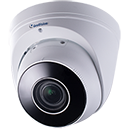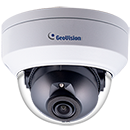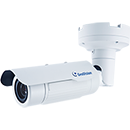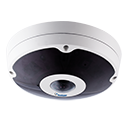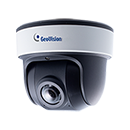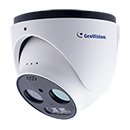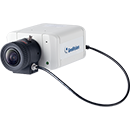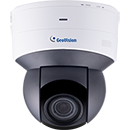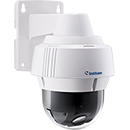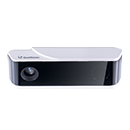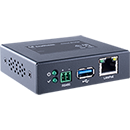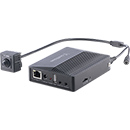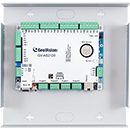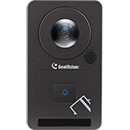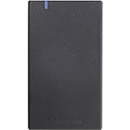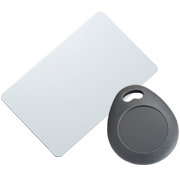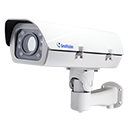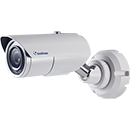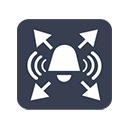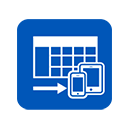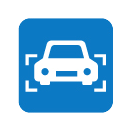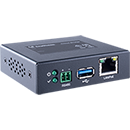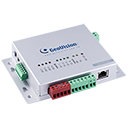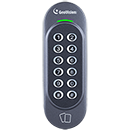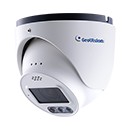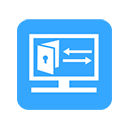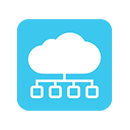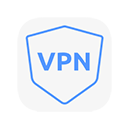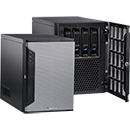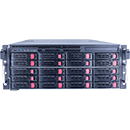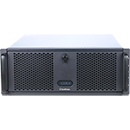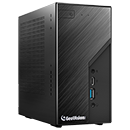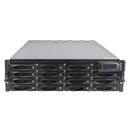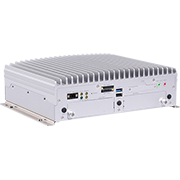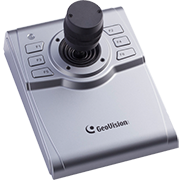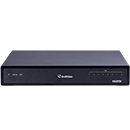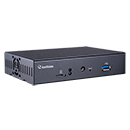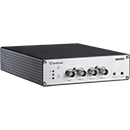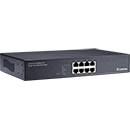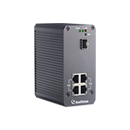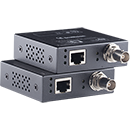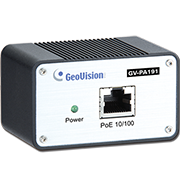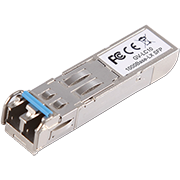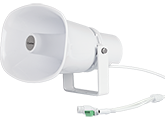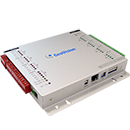
Have you ever thought of your home security cameras being hacked? The sole purpose of a security camera system is to protect you, your relatives and your belongings from any kind nefarious activity and to serve as an ever-watchful eye on your property day and night. It keeps a record of activities when you aren’t around and lets you check on the premises at different times. Today’s systems are so advanced in fact, that if you want to monitor your home or property in real-time, you simply need to connect it via internet and using apps and a smartphone you can keep an eye on your property from anywhere.
However, this convenience comes at a cost, there have been many reports of hacked home security cameras. Learn how your security system could be hacked to spy on you. Be sure, hackers are out there and they are trying to gain access everywhere, especially on poorly protected security systems. This is an alarming activity that we should all be concerned about. As a preventive measure, you should learn how to protect your security system from these types of cyber security attacks.
Here are simple and easy ways to help protect your home security cameras from being hacked.
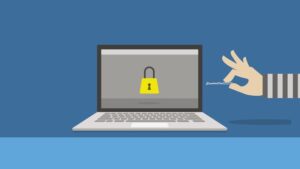
- Choose a brand and a retailer with a good reputation.
Before you buy a security system for your home, take this step before you make your purchase. Conduct a thorough research on which brands are most trusted and read online reviews of the hardware as well as the seller before making your buying decision. Choose the brand with its own database and cloud service.
- Never purchase used security systems.
Buying second-hand security hardware can be very dangerous. You’ll never know if a used security system has been tampered with. It may be implanted with devices that can be used for hacking to infringe your privacy or disable the system.
- Opt for wired security systems to avoid online attacks.
Wireless security systems are very convenient. But since they are connected via the internet, these systems are more vulnerable to hackers. There is less risk with wired security systems because they require physical manipulation to compromise.
- For wireless networks, activate WPA2 encryption.
WPA stands for Wi-Fi Protected Access. It’s the security standard for computing devices powered by wireless connections. WPA2 is a higher standard of security protocol, introduced after WPA. Most security cameras have WPA2 encryption as an option and it should be used. H
- Rename your system’s default username and password
Most security systems come with a default username and password set by the manufacturer. After installation, it is essential to change defaults. The default username and password of each model of the security system is often displayed on the support page of the manufacturer’s website. So if you keep the same credentials, you’re giving any hacker a big opportunity to gain access to your security system.
- Set a strong password.
Setting a strong password is the easiest way to protect it.
Here are some tips:
– Make passwords long. The longer the password, the stronger it is.
– Use a combination of numbers, capitalized letters and spaces. Add symbols if allowed.
– Do not use obvious information about yourself such as names, birthdays, addresses or phone numbers.
– If you already have a password in mind, you can check its strength using an online password checker.
- Don’t forget to protect your router.
Your router is where the information enters and leaves your network in an IP-based, internet connected system. It connects your cameras and local hardware to the internet. So make sure your router and Wi-Fi network is also password protected.
- Update your system’s firmware regularly.
Most security systems come with on-board firmware from the manufacturer. Every time the manufacturer spots a security weakness, it will issue a firmware update in order to fix the problem.
Normally, a notification will appear if there’s a new firmware update for your security system. Check the website of your system provider often for firmware updates.
- Don’t use public connections.
You should never stream or access your home security camera system with public Wi-Fi Connections such as those in coffee shops or offices. These types of connection are not secure. Instead, use connections that are exclusive to your devices and are familiar to you.
- Check your logs from time to time.
This will confirm that you’re the only one logging into your system. You can check whether someone unfamiliar is trying to log on. If you notice any strange activity, change your password and username immediately.
- Limit devices with access.
If possible, limit access to 2 trusted devices. This includes you. In this way, you have full control of the entire security system. The less points of access, the more secure the system will be.
- Use a Firewall and approved devices.
It’s recommended that all devices that have access to your security system have a firewall. If you are using a computer as a central control device or storage, make sure its firewall is updated and working.
Security systems can protect a home, business and belongings if installed and used properly. But remember that security doesn’t end after installation. If you are using any kind of networked system, vulnerabilities to hackers exist. Use the hints and hacks above to make sure that your system gets safe and stays safe and you can most likely avoid hacked home security cameras.
Source: Annke Online Magazine
